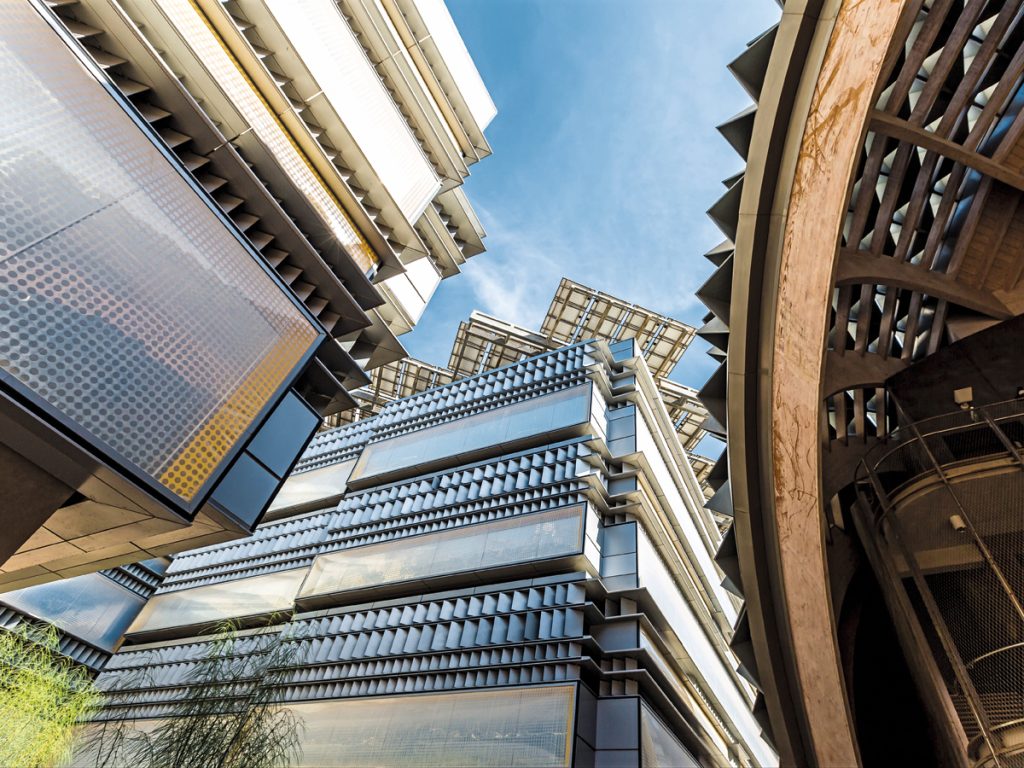As Middle Eastern countries join the global movement for achieving net zero carbon emissions, the vision of futuristic cities in the region is taking shape.
With pioneering projects like Masdar City in the UAE and ambitious plans such as “The Line” in Saudi Arabia, the landscape of urban living is undergoing a huge shift toward sustainability, and the sights of our futuristic cities will surely be fascinating.
What Is Net Zero?
Net zero refers to achieving a balance between the amount of greenhouse gases produced and the amount removed from the atmosphere.
This enables a comprehensive approach to city planning, consumption patterns, and infrastructure development that minimizes carbon emissions and maximizes renewable energy sources.
In future cities of the Middle East, this net zero approach will revolutionize the way we live and redefine the very landscape of urban environments.
But how? Let’s see, and we’ll take Masdar City as an example.
More Effective Cooling
In the scorching heat of the region, innovative cooling solutions are essential for sustainable urban living. Following inspiration from ancient Arabian traditions, future cities will have cooling towers that harness natural airflow techniques, eliminating the need for energy-intensive air conditioning systems.
Masdar City already adopted this concept through its Wind Tower, which takes inspiration from traditional cooling mechanisms, creating a comfortable breeze for residents and visitors.
Solar Energy
The abundance of sunlight in the Middle East positions solar energy as the essence of future city infrastructure. Rooftop solar panels and large-scale solar farms will power homes, businesses, and public amenities, replacing carbon-based energy sources.
Masdar City’s Solar Tree installation shows this approach, combining renewable energy generation with innovative urban design to provide clean energy while creating shaded spaces for the public.
Transportation
Transportation systems will undergo a dramatic transformation. Only electric vehicles will be permitted on city roads, minimizing carbon emissions and improving air quality.
Smart solutions like Personal Rapid Transit (PRT), adopted by Masdar City’s driverless pod network, will offer efficient and eco-friendly mobility options for residents and visitors alike.
Urban planning will prioritize walkability, with pedestrian-friendly pathways and dedicated cycling lanes promoting active lifestyles and reducing dependence on cars.
As the Middle East continues the pursuit of a greener future, with a blend of ancient wisdom and cutting-edge technology, these cities will surely redefine the possibilities of urban living in the 21st century and beyond.
WE SAID THIS: Don’t Miss…Breaking Ground: First Cheval Collection Ventures Into Riyadh With Luxury Apartments



